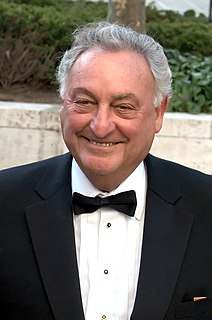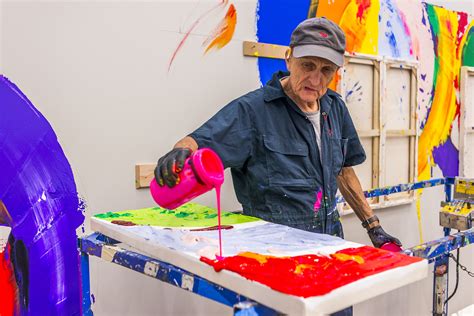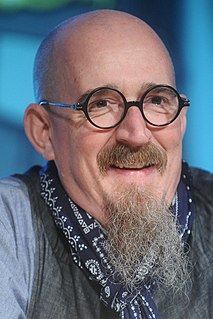A Quote by Akio Morita
The important thing in my view is not to pin the blame for a mistake on somebody, but rather to find out what caused the mistake.
Related Quotes
It is not a mistake to commit a mistake, for no one commits a mistake knowing it to be one. But it is a mistake not to correct the mistake after knowing it to be one. If you are afraid of committing a mistake, you are afraid of doing anything at all. You will correct your mistakes whenever you find them.
... I don't think anybody should avoid mistakes. If it is within their nature to make certain mistakes, I think they should make them, make the mistakes and find out what the cost of the mistake is, rather than to constantly keep avoiding it, and never really knowing exactly what the experience of it is, what the cost of it is, you know, and all the other facets of the mistake. I don't think that mistakes are that bad. I think that they should try and not do destructive things, but I don't think that a mistake is that serious a thing that one should be told what to do to avoid it.
A man must be big enough to admit his mistakes, smart enough to profit from them, and strong enough to correct them. This sequence is something that all achievers have in common. They do not see a mistake is as their failure; rather it is simply a learning experience. Achievers view a mistake as an opportunity to do something over again and do it right the second time. A mistake is simply the price they pay to achieve success.
To create guilt, all that you need is a very simple thing: start calling mistakes, errors - sins. They are simply mistakes, human. Now, if somebody commits a mistake in mathematics - two plus two, and he concludes it makes five - you don`t say he has committed a sin. He is unalert, he is not paying attention to what he is doing. He is unprepared, he has not done his homework. He is certainly committing a mistake, but a mistake is not a sin. It can be corrected. A mistake does not make him feel guilty. At the most it makes him feel foolish.
The biggest mistake, in general, I've made, is to put too much of a weighting on someone's talent and not enough on their personality. And I've made that mistake several times. I think it actually matters whether somebody has a good heart, it really does. I've made the mistake of thinking that it's sometimes just about the brain.

































